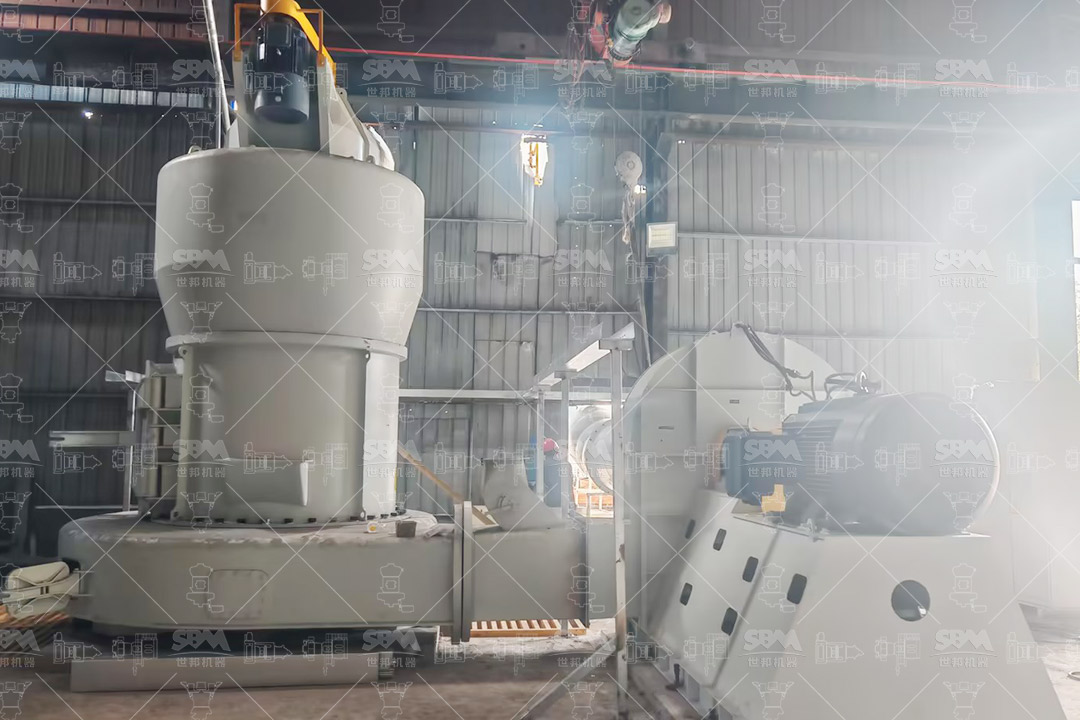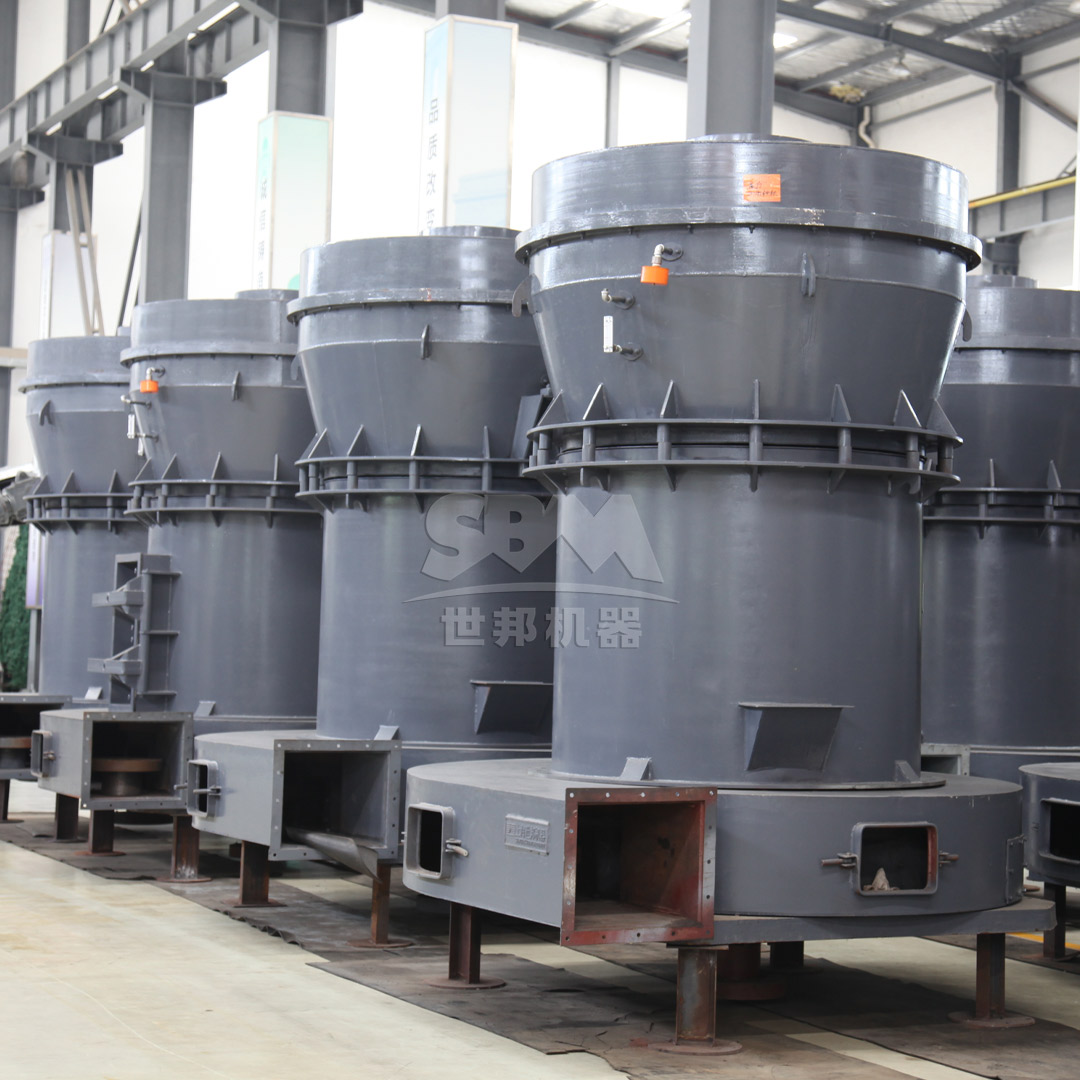The chemical processing industry relies heavily on precisely ground coal as a fundamental raw material and energy source for various synthesis processes, including the production of fertilizers, plastics, synthetic fibers, and numerous organic compounds. The efficiency, yield, and quality of these processes are intrinsically linked to the physical properties of the coal powder used, most notably its fineness, particle size distribution, and moisture content. Selecting the appropriate coal grinding technology is, therefore, not merely a matter of size reduction but a critical strategic decision that impacts overall plant productivity, energy consumption, and environmental compliance. This article explores the technological considerations for coal grinding within the chemical sector and highlights advanced milling solutions designed to meet its stringent demands.

Grinding coal for chemical processes presents a unique set of challenges that differentiate it from preparation for simple combustion. The requirements are far more precise:
Chemical reactions often occur at the surface of particles. A consistent and specific fineness (e.g., D97 ≤ 5μm for certain catalysts or carbon sources) ensures a high surface area, promoting faster and more complete reactions. Narrow particle size distribution is crucial to prevent segregation in storage and ensure uniform behavior in fluidized bed reactors or slurry feed systems.
Chemical plants typically operate continuous processes with long production cycles. Any unplanned downtime in the raw material preparation section can lead to significant production losses and costly shutdowns. The grinding equipment must be exceptionally robust and designed for minimal maintenance intervals.
Coal dust is highly explosive. Grinding systems must be designed to operate under inert conditions or with comprehensive explosion suppression systems. Furthermore, dust emissions must be controlled to levels far below general industrial standards to protect product purity and ensure worker safety. Efficient pulse jet baghouse collectors are essential.
Grinding is an energy-intensive operation. With rising energy costs and a focus on reducing the carbon footprint, mills that offer higher throughput per unit of consumed power provide a significant economic and environmental advantage.
Several milling technologies can be applied to coal grinding. The choice depends on the required fineness, capacity, and properties of the raw coal.
Vertical Roller Mills have become the industry standard for large-capacity coal grinding due to their superior energy efficiency. They grind material between a rotating table and rollers pressed against it. The ground material is immediately transported by a stream of gas to a dynamic classifier integrated into the mill housing, which ensures precise size control. VRMs are known for their low noise, compact footprint, and ability to handle moist materials with integrated drying.
For applications demanding superfine coal powder, specialized ultrafine mills are required. These mills combine mechanical milling forces with integrated high-precision air classification to achieve fineness levels down to 5 microns (2500 mesh) and below. This is particularly relevant for advanced carbon-based materials and specialty chemicals.

For chemical processes requiring the finest and most consistent coal powders, our SCM Series Ultrafine Mill represents the pinnacle of grinding technology. Engineered specifically for producing powders between 45 and 5 microns (325 to 2500 mesh), it is an ideal solution for high-value chemical applications.
| Model | Handling Capacity (ton/h) | Main Motor Power (kW) | Feed Size (mm) | Fineness (mesh) |
|---|---|---|---|---|
| SCM800 | 0.5 – 4.5 | 75 | ≤20 | 325-2500 |
| SCM900 | 0.8 – 6.5 | 90 | ≤20 | 325-2500 |
| SCM1000 | 1.0 – 8.5 | 132 | ≤20 | 325-2500 |
| SCM1250 | 2.5 – 14 | 185 | ≤20 | 325-2500 |
| SCM1680 | 5.0 – 25 | 315 | ≤20 | 325-2500 |
For larger volume requirements where the target fineness is in the range of 30-325 mesh, our LM Series Vertical Roller Mill offers an unbeatable combination of capacity, efficiency, and reliability. It is perfectly suited for preparing pulverized coal for larger-scale chemical synthesis processes and captive power generation within chemical plants.

The selection of a coal grinding mill is a critical determinant of success in the chemical processing industry. It requires a careful balance between achieving the desired particle characteristics, maintaining operational reliability, adhering to strict safety protocols, and optimizing energy use. Technologies like the SCM Ultrafine Mill for superfine applications and the LM Vertical Roller Mill for high-capacity requirements provide tailored solutions that meet these complex challenges. By investing in advanced grinding technology, chemical producers can enhance their process efficiency, improve final product quality, and strengthen their competitive position in the market.